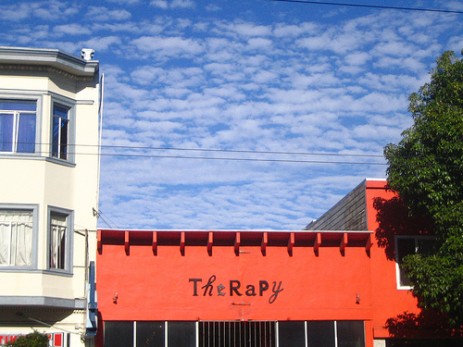This post was co-written by Kathleen Ridihalgh, Senior Representative for the Sierra Club’s Northwest Region
The first three days of this week are seeing a slew of activities taking on coal. We have events in 25 states to counter the coal industry and cheer on clean energy investments. It’s all part of our National Day of Action, and there are events happening across the nation, including rallies, public hearings, coal deliveries to polluters, press conferences, brown bag lunches, coal tours, and town hall meetings. Our Campuses Beyond Coal campaign is holding photo petition events on a dozen campuses nationwide, calling on campus administrators to shut down old, dirty coal plants polluting those universities and the neighboring towns.
These events are all sending one message from coast to coast — coal is dirty business, and we need clean energy. You should check the website to learn more about these creative events and see if there are any taking place near you.
As we watch activists in these states work together for clean energy, we want to highlight a few states taking steps in the right direction that we hope other states will emulate. The Governors of Washington (Chris Gregoire), Oregon (Ted Kulongoski) and Montana (Brian Schweitzer) have all committed their states to meeting climate goals and investing in a clean energy future.
Now these three governors can continue to lead the way and take another tangible action within the region that will make significant progress towards meeting those goals: Directing the Northwest Power and Planning Conservation Council’s (NWPCC — the region’s official power planning agency) latest power plan to phase out coal by 2020, assign a responsible cost to carbon pollution, and maintain high energy efficiency goals.
This may be the one action they can take that is solely under their power to deliver. And they can do it today. This would get the region on a path to reducing the emissions from our electricity by 77 percent and ensure a safer, cleaner, more reliable energy portfolio overall. NWPCC has even stated that “serious efforts to reduce or even stabilize CO2 production beyond 2005 will likely require replacing existing coal-fired power plants with low CO2-emitting resources.”
Washington’s Gregoire and Oregon’s Kulongoski have made real progress and paved the way for meeting the climate challenge. The 6th Power Plan is an excellent opportunity for Montana Governor Brian Schweitzer to demonstrate a true commitment to meeting the scientific goals for climate change.
This step with the NWPCC would mesh well with the states’ actions thus far:
- All three states signed onto strong carbon pollution reductions through the Western Climate Initiative, committing to at least a 15 percent reduction in carbon pollution from 2005 levels by 2020.
- They are a part of the Western Governor’s Association climate resolution that urges a national policy to reduce greenhouse gas emissions.
But this action with the NWPCC is something they can do in the Northwest to show the rest of the world that there is a better way. We urge the governors to stay true to their vision now with the NWPCC Power Plan — they should improve the current plan by maintaining maximum energy efficiency goals, putting a price on carbon emissions, and stating, as a goal, the plan to move the region off coal power by 2020.
This would be the single most important step they can take to have any real chance of meeting their states goals and making real their personal commitment to this important issue.
If you’re in the Seattle area, you can help promote this idea of moving the region off coal at a rally on Wednesday night. Otherwise, be sure to find any National Day of Action events near you.
The NWPCC is also having hearings throughout the Northwest where you can make your voice heard for a Coal-Free Northwest:
- Missoula, Tuesday, October 13. (Contact Brad Hash for information: brad.hash@sierraclub.org)
Though it has spent millions on “clean” coal advertising, the truth is that the coal industry has for years actively fought against cleaning up the existing fleet of over 500 coal-fired power plants, some of them dating back to the Eisenhower Administration. The industry must stop trying to block common sense regulations and policies that will protect communities and the environment. Rather than seeing these efforts as a threat to jobs and the economy, such regulations are the path forward to protect people’s livelihoods. Strong regulations put us on a path to cleaner technology that boosts economic growth, creates jobs and protects the planet.
We didn’t use to have a choice about how to power America. Today we can do better. It’s time to clean up pollution from coal and build the clean energy economy.


